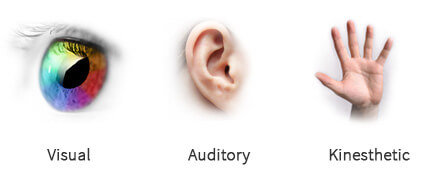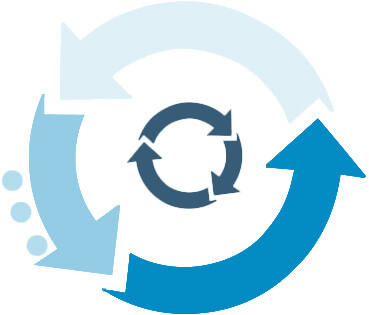Research-Based Reading Instruction for Students with Dyslexia and Learning Disabilities

Learn how our approach works for students with dyslexia:
What Does the Research Say?
Yale researchers, Drs. Sally Shaywitz and Bennet Shaywitz, have shown that when people with dyslexia and other processing disorders try to read, a front part of the brain is over-stimulated while crucial portions in the center and back are under-stimulated. The diagrams show stimulated areas of the brain during reading:
Because dyslexia is a neurological, language-based learning disability, if individuals are taught in the way their brains learn, they can become proficient in the necessary language-based skills (i.e., speaking, reading, spelling, and writing) for success in school, work, and life.
Research has been clear that individuals with dyslexia must receive explicit, sequential, systematic, and multi-sensory Orton Gillingham-based reading instruction to find success. This is what their brains need. This is the way their brains learn.

How Can Reading Horizons Help?
Reading Horizons is a research-based methodology that teaches the foundational language skills in an explicit, systematic, sequential, and multi-sensory fashion. The reading intervention program provides individuals with proven, Orton Gillingham-based reading strategies that take them from the most basic foundational skills through all of the five pillars of reading (i.e., phonemic awareness, phonics, fluency, vocabulary, and comprehension).
Activates Brain with Multi-Sensory Approach
The Reading Horizons multi-sensory delivery method helps activate several areas of the brain by including visual, auditory, and kinesthetic cues that allow students to make the connections needed for meaningful interactions with text.

Follows a Logical Sequence
The instruction is sequential, starting with the simplest concepts and building to the more complex. The concepts build through consistent instructional patterns with a simple, familiar framework that aids with efficient storage and retrieval of the skills taught. These instructional patterns also aid in working memory function.
Provides Continuous Assessment
Reading Horizons offers immediate, corrective feedback, whether the instruction is teacher-guided or software-based. This allows students to move through the program quickly and find success early-on, boosting their reading skills and providing continual motivation.
Builds Confidence and Self-Esteem
Reading Horizons provides dyslexics with reading strategies that help them make sense of reading. The instruction and practice activities meet their specific needs. This provides a safe and encouraging environment that facilitates success. Success leads to an increase in self-esteem, allowing students to realize their potential.

